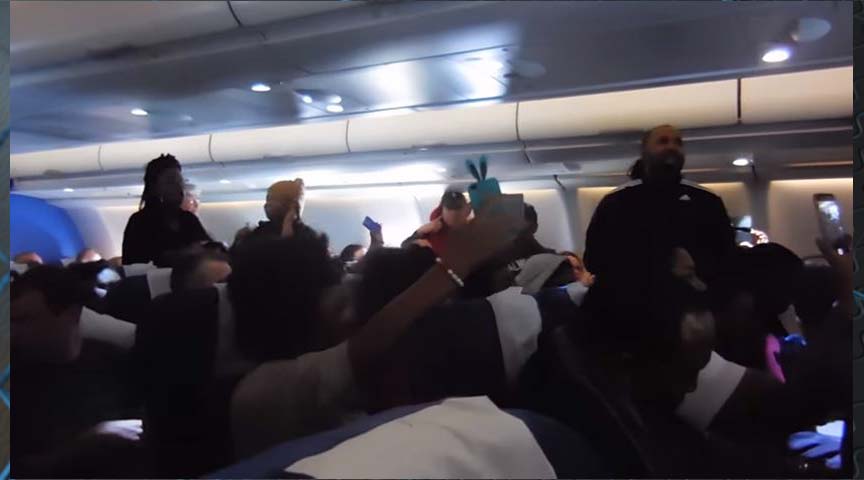
Follow the web link below to hear and see a truly wonderful spontaneous event involving Virginia State’s choir you wont’t soon forget:
http://www.nbc12.com/story/30869185/virginia-state-university-gospel-chorale-serenades-passengers-on-plane

Follow the web link below to hear and see a truly wonderful spontaneous event involving Virginia State’s choir you wont’t soon forget:
http://www.nbc12.com/story/30869185/virginia-state-university-gospel-chorale-serenades-passengers-on-plane
 In today’s Washington Post, Fareed Zakariah does an excellent job of pin pointing the true source of fear and hatred that Donald Trump has tapped into for his political success. It’s very insightful. Check it out and let me know what you think.
In today’s Washington Post, Fareed Zakariah does an excellent job of pin pointing the true source of fear and hatred that Donald Trump has tapped into for his political success. It’s very insightful. Check it out and let me know what you think.

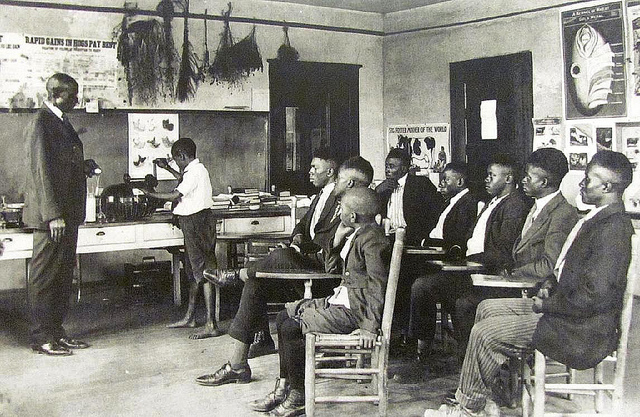
Here is an article by Michael Gerson from today’s Washington Post on the implications of eliminating national standards for public schools in America. It’s supports the issues I wrote about in “How Good Is That High School Diploma?“

I’ve been reading with some concern about accountability for k-12 education going back to the individual states as a result of No Child Left Behind being discontinued. This will make national evaluations of high school students’ abilities harder. Every high school graduate should have some idea of how he/she compares with graduates from other high schools across the nation because the market for jobs is national and becoming more international every day. Allowing states to be individually responsible for assessing what their students know and can do will make this more difficult. An article from the New York Times shows why this is so important.
How can we ensure that all students get the quality public school education they deserve? Let me know what you think.
Take a look at this article. It has some eye opening numbers in it concerning earnings ten years after graduating from some of the most expensive colleges and universities in the nation.
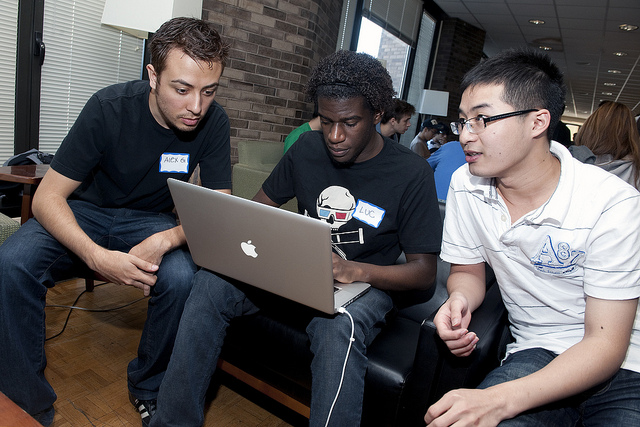
Studies have shown that one of the most important aspects of success in college is quickly fitting into the college experience and establishing personal and social relationships that help students succeed. These and other articles show how hard this can be for minority students at elite universities. While these universities have increased their enrollment of minority students but have not adequately addressed the huge socio economic differences between many of the minority students and students from much more affluent families. The differences affect personal and social relationships which, intern, affect the value of each student’s college experience.
The result can be isolation and a distorted view of their college experience. In his book, David and Goliath: Underdogs, Misfits, and the Art of Battling Giants, Malcolm Gladwell tells the story of a student who chose to go to an Ivy League university rather than a flagship state university. At the end of her first year, she ended up at the bottom of her class which made her feel completely inadequate. She was so used to being first in everything she couldn’t see that she was making it academically in a very exclusive world-class group of students, regardless of her position in the class. Without the personal, social and academic relationships with instructors she needed, she decided to change majors for something easier and give up her lifelong dream of being a medical researcher. This is a loss that could have been prevented. Unfortunately, she was admitted but felt left out and could not deal with this on her own. To admit, retain and graduate more minority students, elite colleges and university must do a better job of addressing this critical need for minority students.
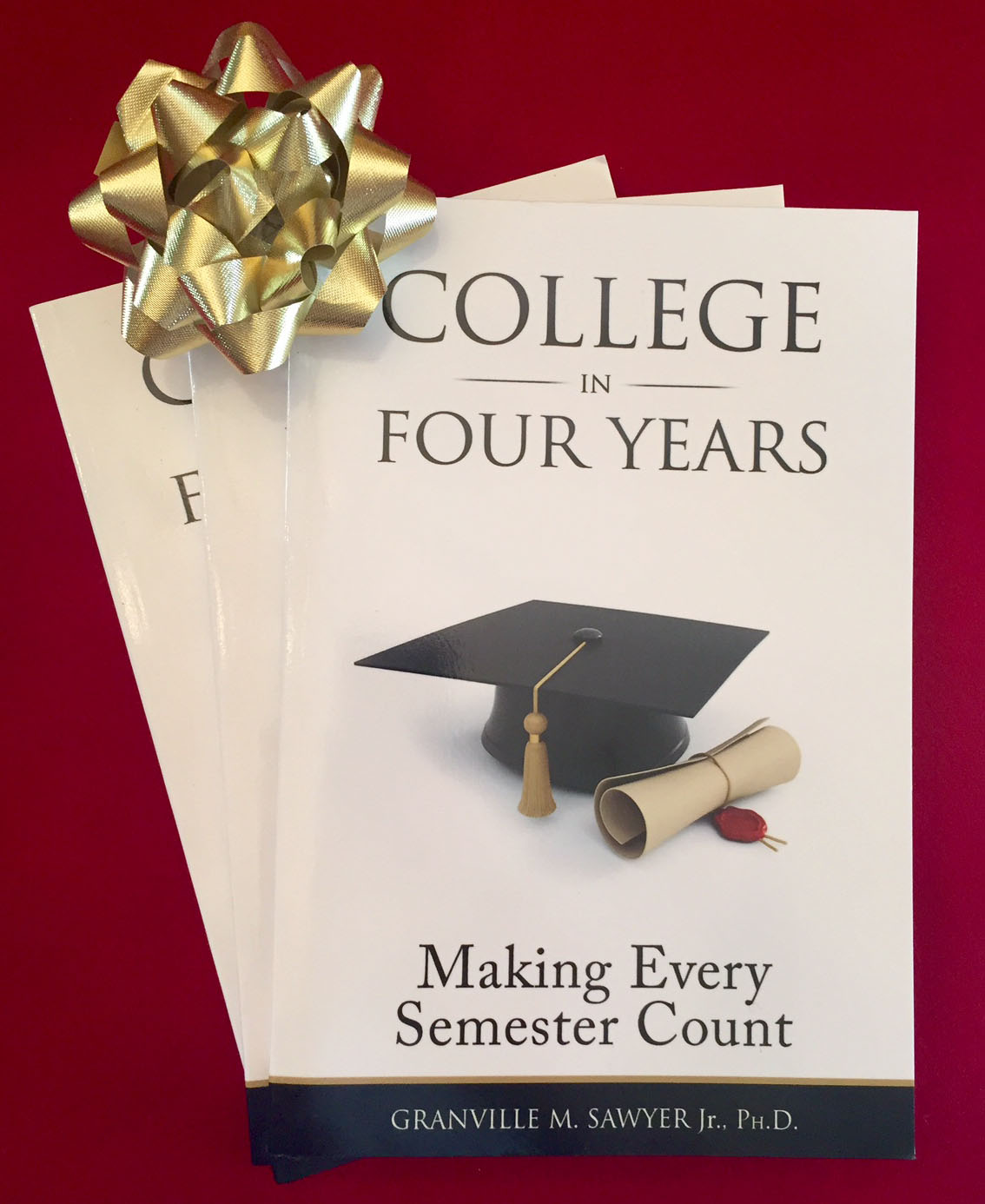 Give students in college, going to college or considering college the gift of success this holiday season.
Give students in college, going to college or considering college the gift of success this holiday season.College in Four Years is the essential guide to graduating on time with better grades and less stress for a lot less money.
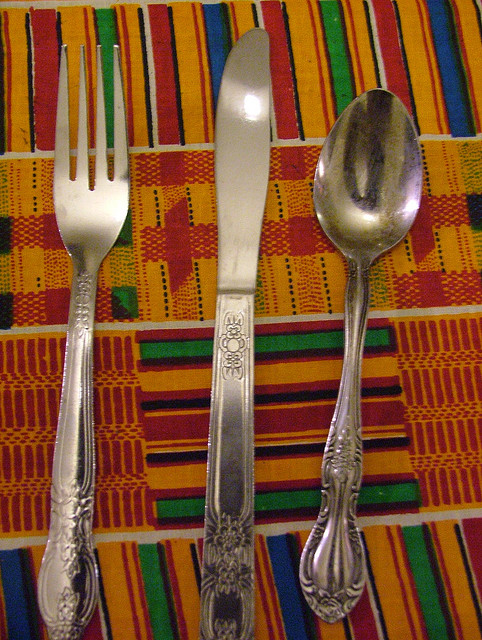
In my blog post “Talking Good Talk” I shared the important role family dinners had in my life as I grew up. When I had my own family, my wife and I instituted the same rule as my parents—six days a week, Sunday through Friday, our family ate dinner together. The tradition had the same effect on our children it did on me. We talked and laughed about everything which helped us bond as a family. We also talked good talk about what was happening the world and what it meant to each of us. My wife and I intentionally kept the conversation at a high level so our kids could learn from the discussion and the thinking behind comments made.
My oldest daughter, who had a very good public school education, got a scholarship to a university in upstate New York. After a few weeks on campus she called and said “Daddy, I’m going to school with trust fund babies.” When I asked her what that meant, she said these kids were from successful, affluent New York families who provided them with everything they needed. From the day they were born their families set aside trust fund all they would need for the best private schools. “They had and still have advantages I don’t have,” she also told me, “but I have no trouble keeping up with these students academically or socially because of what I learned around our dinner table.” I’m sure some other things contributed to confidence but I believe what she was telling me was that she knew what she had to say was valuable and valued and she could hold her own in any environment – with or without a trust fund.
From her experience and mine, I know that what happens to outside of school is as important, perhaps more important than what happens in school. School is where you get your knowledge but home is where you learn your values. Let me know if you had similar experiences growing up or as a parent.
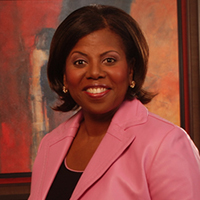
I’ll be the guest of Deborah Owens, The Wealth Coach, on her radio show, Wealthy Radio, on Tuesday, November 3, 7:30 pm, on Baltimore’s NPR affiliate WEAA, 88.9 FM. You can also listen to the live stream at http://weaa.org if you are outside of the listening area.
Deborah and I will be talking about how to earn a college degree in less time for less money. If you would like to join the conversation by asking a question call 410-319-8888 during the show or, leave a comment below and tag it #WealthyRadioChat.